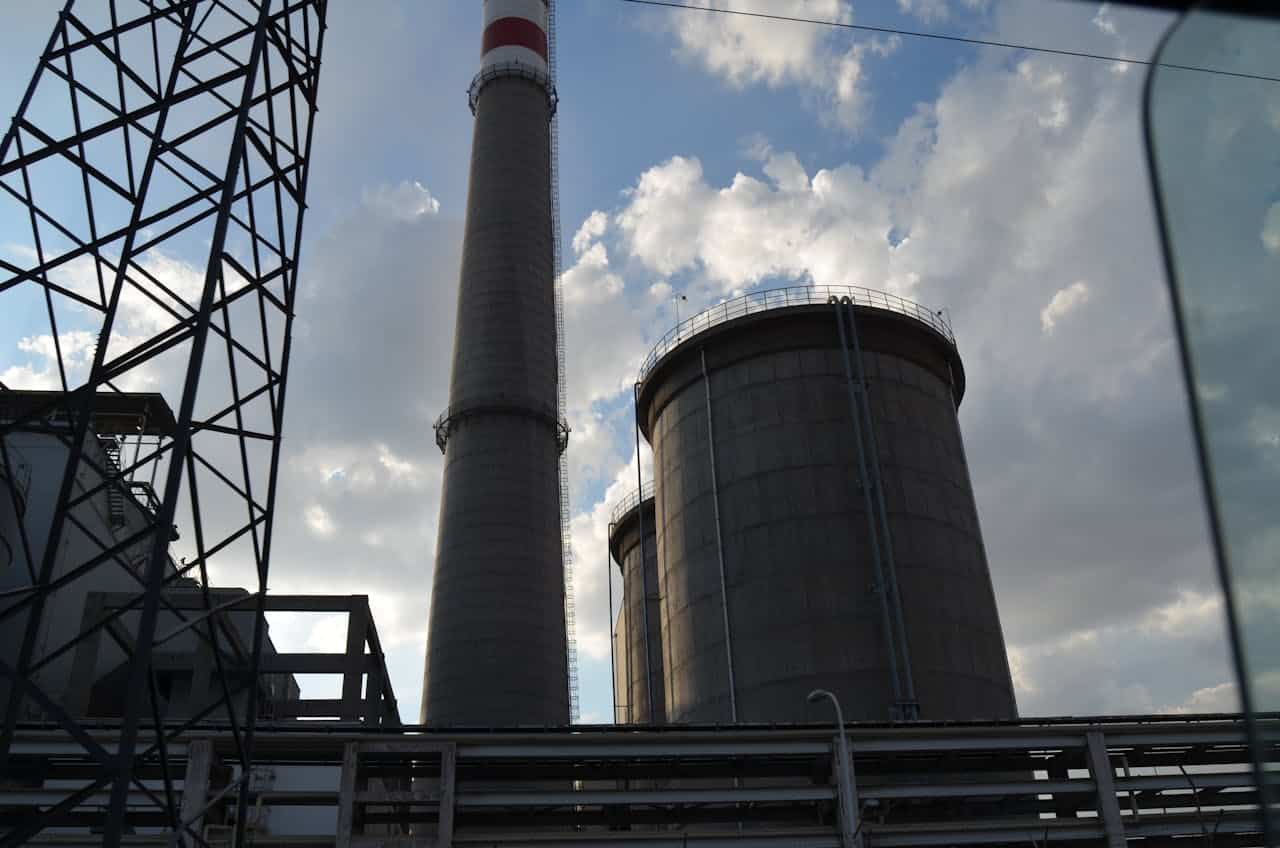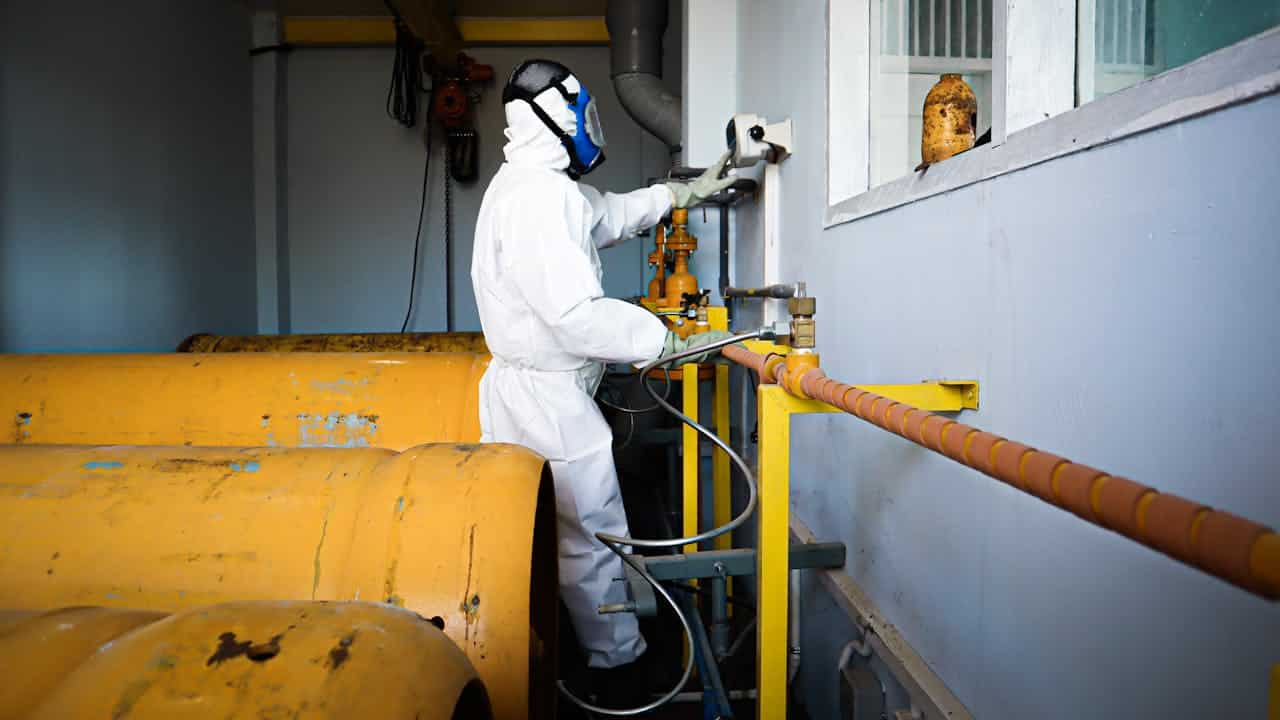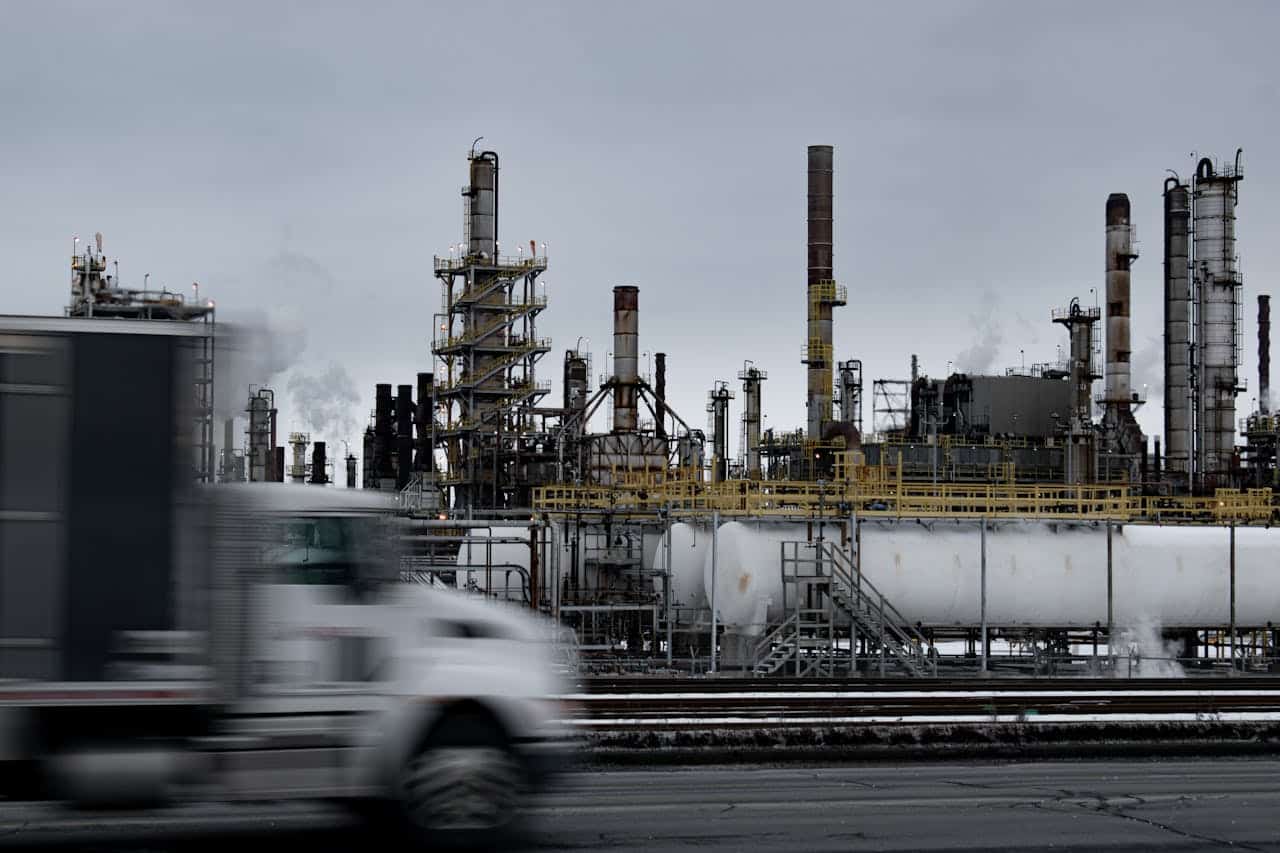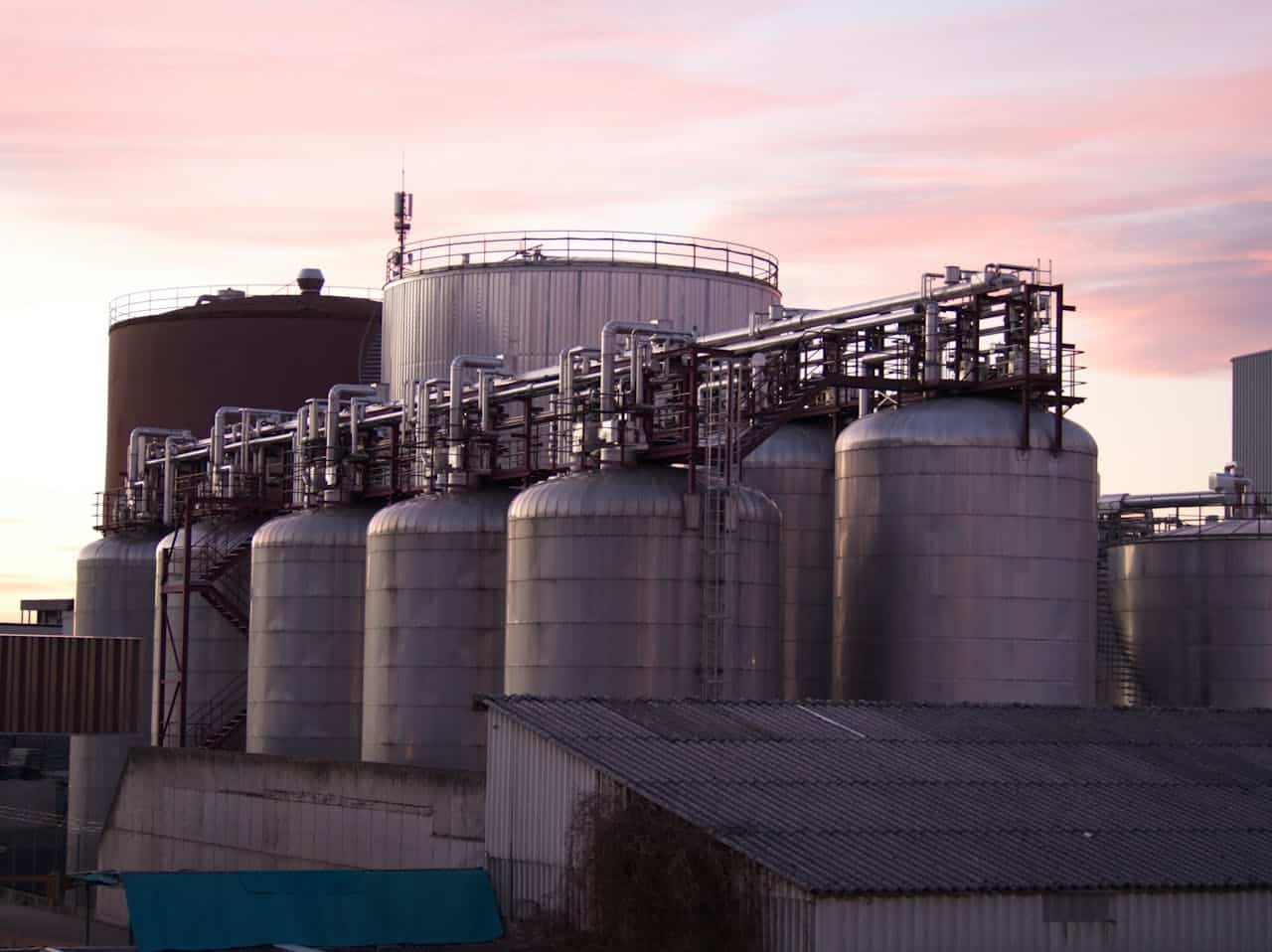Best Practices in Petroleum Storage Depot Operations
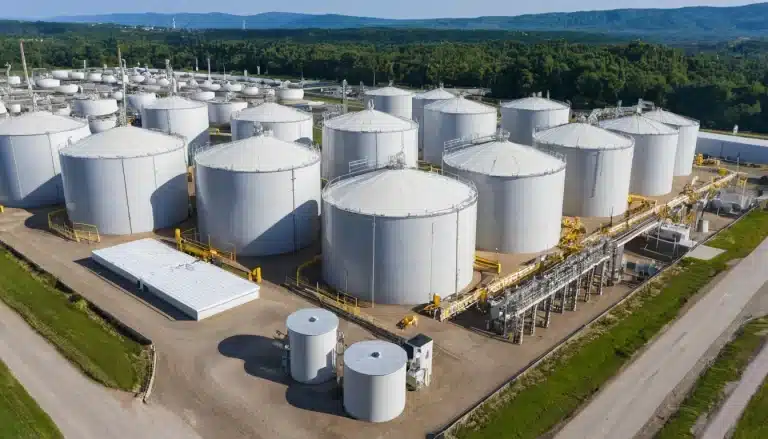
| Date | Format | Duration | Fees (USD) | Register |
|---|---|---|---|---|
| 03 Dec - 05 Dec, 2025 | Live Online | 3 Days | $2625 | Register → |
| Date | Venue | Duration | Fees (USD) | Register |
|---|---|---|---|---|
| 15 Dec - 17 Dec, 2025 | Johannesburg | 3 Days | $4680 | Register → |
Did you know that fire and explosion account for 85% of accidents in petroleum refineries, oil terminals, or storage facilities? This alarming statistic underscores the critical importance of proper safety protocols and operational best practices in petroleum storage depots.
Course Overview
The Best Practices in Petroleum Storage Depot Operations course by Alpha Learning Centre is meticulously designed to provide a comprehensive understanding of advanced techniques and equipment used in managing petroleum storage facilities. This course focuses on the strategic aspects of operating storage depots, ensuring safety, environmental compliance, and operational efficiency.
The course covers a wide array of activities including advanced terminal operations, safety management systems, environmental protection, tank management, and emergency response procedures. It addresses the growing need for expertise in handling complex petroleum storage problems, integrating cutting-edge technologies, and making data-driven decisions in various operational environments.
Why Select This Training Course?
Selecting this training course offers numerous advantages for professionals involved in petroleum storage depot operations:
Participants will gain advanced knowledge of terminal operations, safety management systems, and environmental protection strategies. The course provides hands-on experience with state-of-the-art simulation systems and real-time monitoring equipment, enabling attendees to optimise their operational skills and improve decision-making processes.
Moreover, this course addresses critical issues such as risk assessment, emergency response, and quality control procedures, which are essential for successful petroleum storage management. By incorporating digital technologies and advanced analytical tools, participants will be equipped to handle complex projects in various operational settings.
For organisations, investing in this training enhances overall safety protocols and reduces vulnerability to accidents and environmental incidents. By ensuring that personnel are well-trained in advanced petroleum storage depot management techniques, organisations not only protect their assets but also build trust within the industry they serve. This trust can lead to improved project outcomes and reduced operational risks.
Individuals who complete this course will benefit from enhanced career prospects as they become more valuable assets in their respective fields. The skills acquired through this training can lead to promotions and increased responsibilities within their organisations.
Case studies demonstrate the impact of advanced petroleum storage depot management techniques:
- A HAZOP study undertaken for a jet fuel storage depot in Bangalore pointed out certain hazardous and operational problems, the implementation of which improved the overall efficiency of operation with reduced hazards.
- The analysis of bulk petroleum storage facilities showed that risks arising from large-scale fuel storage are best controlled by regular visual surveys, hazard assessments, and sound operating procedures.
Transform your organisation’s petroleum storage depot management capabilities –Register now for this critical advanced training programme.
Who Should Attend?
This Course is Ideal for:
- Terminal operations managers
- Storage facility engineers
- Safety and environmental officers
- Maintenance supervisors
- Quality control specialists
- Loading rack operators
- Terminal automation technicians
- Inventory control managers
- Environmental compliance officers
- Risk assessment specialists
What are the Course Objectives?
The objectives of this training course are to enable professionals to:
- Master advanced terminal operations
- Enhance safety management capabilities
- Perfect emergency response procedures
- Develop expertise in automation systems
- Strengthen environmental compliance
- Optimize inventory management
- Improve maintenance strategies
How will this course be presented?
The Best Practices in Petroleum Storage Depot Operations course by Alpha Learning Centre employs a comprehensive and innovative approach to ensure maximum knowledge retention and skill development. The course utilises:
- Interactive workshops with state-of-the-art simulation systems
- Virtual reality simulations for practical demonstrations of depot operations
- Hands-on equipment training
- Case study analysis of real-world scenarios
- Live demonstrations
- Group exercises
- Technical workshops
- Emergency response drills
This multi-faceted approach ensures that participants not only grasp theoretical concepts but also gain practical skills necessary for effective management of petroleum storage depots.
Join us now and elevate your expertise in petroleum storage depot operations to new heights!
Course Syllabus
Module 1: Advanced Terminal Operations
- Automated receipt and dispatch systems
- Tank farm management technologies
- Product segregation strategies
- Inventory reconciliation methods
- Loading rack automation
- Terminal management software
- Real-time monitoring systems
- Quality control protocols
- Custody transfer operations
- Smart metering systems
Module 2: Safety Management Systems
- Risk assessment methodologies
- Permit-to-work systems
- HAZOP implementation
- Emergency shutdown procedures
- Personal protective equipment
- Safety monitoring technologies
- Incident investigation techniques
- Safety audit protocols
- Behavioural safety programs
Module 3: Environmental Protection Systems
- Vapour recovery systems
- Leak detection technologies
- Groundwater monitoring
- Air quality management
- Waste handling procedures
- Spill containment methods
- Environmental impact assessment
- Compliance monitoring systems
- Remediation techniques
- Emissions control strategies
- Documentation requirements
Module 4: Tank Management
- Advanced gauging systems
- Corrosion prevention methods
- Tank cleaning technologies
- Floating roof maintenance
- Tank inspection protocols
- Integrity testing procedures
- Coating systems selection
- Risk-based inspection planning
Module 5: Product Quality Management
- Advanced testing methods
- Quality assurance systems
- Sampling procedures
- Laboratory management
- Product specification compliance
- Contamination prevention
- Additive injection systems
- Quality certification processes
- Real-time quality monitoring
- Documentation requirements
Module 6: Loading Operations
- Bottom-loading systems
- Overfill protection devices
- Loading arm maintenance
- Grounding systems
- Automated control systems
- Safety interlocking mechanisms
Module 7: Maintenance Management
- Predictive maintenance strategies
- Equipment reliability programs
- Computerized maintenance systems
- Spare parts management
- Asset lifecycle tracking
- Performance monitoring
- Maintenance scheduling
- Work order management
- Contractor management
Module 8: Emergency Response
- Fire protection systems
- Evacuation procedures
- First responder coordination
- Emergency equipment deployment
- Crisis management protocols
- Communication systems
- Recovery procedures
Module 9: Automation and Control
- SCADA systems implementation
- PLC programming basics
- Interface management
- Data acquisition systems
- Remote monitoring capabilities
- Control room operations
- System integration methods
- Cybersecurity measures
Module 10: Inventory Management
- Real-time inventory tracking
- Stock reconciliation methods
- Loss control systems
- Movement planning
- Storage optimisation
- Automated stock reporting
- Temperature compensation
- Product scheduling
- Supply chain integration
- Documentation systems
- Performance metrics
Module 11: Risk Management
- Hazard identification methods
- Risk assessment techniques
- Mitigation strategies
- Insurance requirements
- Business continuity planning
- Emergency preparedness
- Documentation protocols
- Stakeholder management
- Compliance monitoring
Module 12: Terminal Security
- Access control systems
- CCTV monitoring
- Perimeter protection
- Security personnel management
- Threat assessment procedures
- Emergency response protocols
- Documentation requirements
- Cybersecurity measures
- Security audit procedures
- Incident reporting systems
Module 13: Advanced Metering and Calibration
- Mass flow measurement systems
- Temperature compensation techniques
- Pressure monitoring devices
- Calibration procedures
- Meter proving methods
- Uncertainty calculations
- Data validation protocols
- Electronic seal systems
- Custody transfer requirements
- Verification documentation
- Real-time monitoring systems
Module 14: Digital Transformation and Analytics
- IoT implementation strategies
- Big data analytics
- Predictive modelling
- Performance optimisation algorithms
- Digital twin technology
- Cloud-based solutions
- Machine learning applications
- Real-time reporting systems
- Asset performance analytics
- Integration Protocols
- Dashboard development
Module 15: Sustainable Operations Management
- Energy efficiency measures
- Carbon footprint reduction
- Renewable energy integration
- Waste minimisation strategies
- Green technology adoption
- Environmental monitoring systems
- Sustainability reporting
- Compliance with green standards
- Cost-benefit analysis
- Future-proofing strategies
Training Impact
The impact of advanced petroleum storage depot operations training is evident through various real-world case studies and data, which demonstrate the effectiveness of structured training programmes in enhancing safety, efficiency, and environmental performance in storage facilities.
A case study from the Buncefield Oil Storage Depot in the UK highlighted the critical importance of proper training and safety protocols. In December 2005, a major explosion and fire occurred due to the overfilling of a storage tank. The incident led to significant changes in safety regulations for petroleum storage facilities. Following the implementation of enhanced training programmes, the UK’s Health and Safety Executive reported a 45% reduction in major incidents at fuel storage sites over the next decade Buncefield explosion case study.
Another illustrative example comes from Singapore’s Jurong Island, where a comprehensive training programme for petroleum storage facilities was implemented. This initiative, which focused on advanced safety protocols and emergency response procedures, resulted in a 60% decrease in reportable incidents over a five-year period. This improvement was attributed to enhanced operator competence and a stronger safety culture fostered by training programmes Jurong Island safety improvements.
These case studies highlight the tangible benefits of implementing advanced petroleum storage depot management techniques, such as:
- Improved safety and efficiency in fuel storage and distribution
- Enhanced environmental performance through risk reduction
- Increased operational efficiency in terminal operations
- Reduced incidents of fire and explosion-related accidents
By investing in advanced petroleum depot training, organisations can expect to see:
- A significant improvement in safety management and operational efficiency
- Better handling of complex operational conditions and large-scale fuel storage
- Enhanced decision-making through data analytics and digital technologies
- Greater competitiveness in the global petroleum industry
The statistic that fire and explosion account for 85% of accidents in petroleum refineries, oil terminals, or storage facilities underscores the critical importance of advanced training programmes in ensuring optimal performance and safety in petroleum storage depot operations.
Improve your operational skills in petroleum storage – join our course today!




